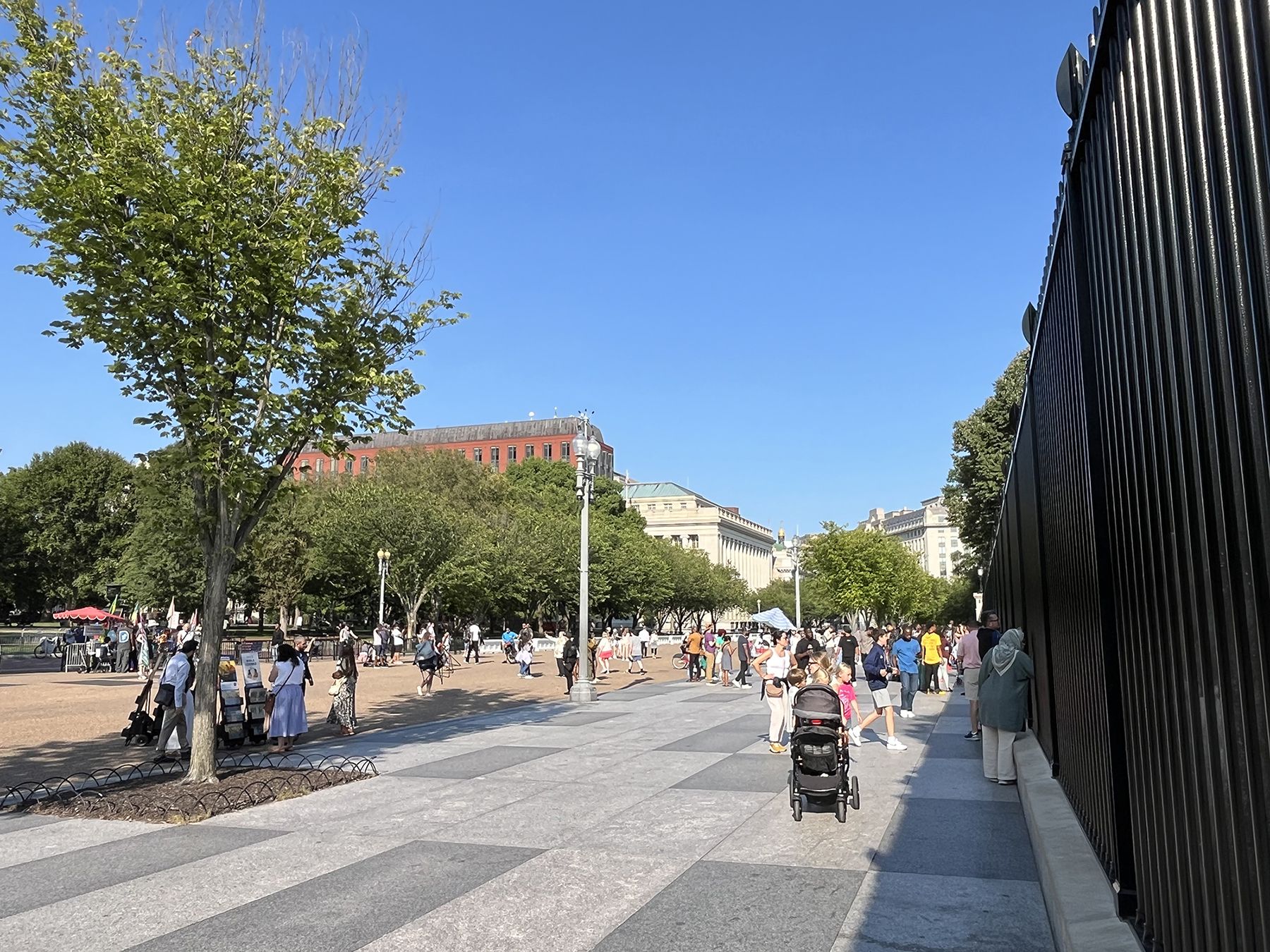In November 2022, several states had cannabis legalization on the ballot, and the results showcased a growing acceptance of both recreational and medical cannabis use across the United States. Two states, Maryland and Missouri, successfully passed measures to legalize cannabis for recreational use, while other states like Arkansas, North Dakota, and South Dakota saw their efforts defeated. Here’s a closer look at the impact of these elections and how they shape the future of cannabis in America.
Maryland
In Maryland, voters approved Question 4, which legalizes recreational cannabis for adults aged 21 and older, set to take effect in July 2023. This measure allows individuals to possess up to 1.5 ounces of cannabis and introduces provisions for home cultivation of up to two plants per household. The approval was overwhelming, with nearly two-thirds of voters in favor. The state legislature has also been tasked with enacting laws to regulate and tax cannabis, providing a framework for sales and distribution. The revenue from cannabis sales is expected to be directed toward public health, education, and social programs.
Source: Ballotpedia
Missouri
Missouri voters approved Amendment 3, legalizing cannabis for recreational use. This amendment allows adults aged 21 and older to possess, consume, and purchase cannabis, and it also provides a pathway for individuals with non-violent cannabis offenses to have their records expunged. A 6% sales tax on cannabis sales will be implemented, with the proceeds allocated to services for veterans, healthcare, and substance abuse treatment programs. Missouri joins a growing number of states that have expanded their medical cannabis programs to allow for recreational use.
This new legislation is expected to bring in significant tax revenue and expand the state’s cannabis market, providing a substantial economic boost.
Source: Ballotpedia
States That Rejected Legalization
Unfortunately, efforts to legalize cannabis in Arkansas, North Dakota, and South Dakota were unsuccessful in November 2022. Despite growing support for cannabis legalization nationwide, these states voted against their respective ballot measures, reflecting a divide between more progressive and conservative states regarding cannabis policy.
In Arkansas, voters rejected Issue 4, which would have allowed the possession and use of up to one ounce of marijuana for individuals aged 21 or older, along with a 10% tax on cannabis sales. North Dakota and South Dakota voters similarly voted down proposals that would have legalized recreational cannabis for adults. This outcome highlights the complexities and differing public opinions across the U.S. when it comes to cannabis reform.
Source: Benzinga
Economic Outlook for States That Legalized Cannabis
For states like Maryland and Missouri, cannabis legalization is expected to have significant economic benefits. States that have legalized cannabis for recreational use often see increases in tax revenue, job creation, and investment in public health and education. For example, Missouri’s new 6% tax on cannabis sales is projected to generate millions of dollars in revenue annually. Similarly, Maryland’s new market for adult-use cannabis will likely create new jobs, especially in cultivation, distribution, and retail sectors.
The overall outlook for states legalizing cannabis continues to improve, with both economic and social benefits becoming more apparent as other states look to follow in their footsteps. By 2024, more states could consider similar initiatives, especially as public opinion increasingly favors cannabis legalization.
Sources:




